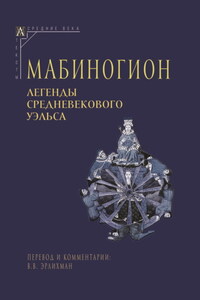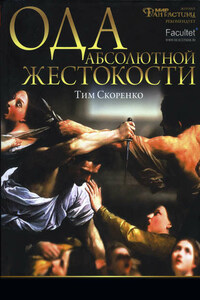THE HISTORY OF JOHN WILDGOOSE
Thomas Wildgoose was an honest and hard-working man, in one of the midland counties. He had long been attached to Susan Jenkins, a well-behaved young woman of the same village; but from prudence and a proper independence of mind, he determined not to take a wife until he had a house to bring her to, as well as some prospect of providing for a family without being a burthen to the farmers, who were already complaining of the pressure of the poor-rates.
In consequence of his good character he was never out of work; and though his wages were not high, yet he almost every week contrived to put by something, which he deposited in a bank for savings, lately established in the neighbouring market town. His weekly deposits were not very large sums, yet "many a little makes a mickle." This was helped out by a legacy of thirty pounds from an uncle; so that in a few years he was enabled to purchase a cottage with a small garden, and had still something over for a few articles of furniture. Susan, meanwhile, had gone on steadily in service, always making a point of putting by some part of her wages; so that when they married, they were comparatively rich. For some time after his marriage Wildgoose continued to work for his old master; and Susan, by field work in the hay-making and harvest, and by taking in sewing at other times of the year, was able to earn a good deal towards maintaining their children. The wants of an increasing family, however, led him to consider how he might enlarge his means of subsistence; and the success of an old acquaintance in the adjoining village, determined him to endeavour to purchase a horse and cart, and commence business as a higler.
A higler's business is liable to so many chances, and takes a man so much from home, that perhaps he would have acted more wisely if he had stuck to work. We cannot however blame him for endeavouring to better his circumstances in an honest way. Though he occasionally met with some losses from bad debts, yet upon the whole he did pretty well.
One day in November, as he was returning home from market rather late in the evening, and was walking quietly by the side of the cart, he was suddenly startled by a rattling noise behind him; and turning round, saw the True Blue stage driving furiously along the road, and the Opposition coach a short distance behind. Wildgoose immediately went to his horse's head, and drew his cart as close as he could to the hedge; but just at that moment the Opposition coach had got up with the other, and in endeavouring to pass it, one of the leaders knocked poor Wildgoose down, and the wheels went over him. The unfeeling coachmen were too eager in the race to attend to the mischief which they had occasioned; and the poor man was left lying in the road, until two neighbouring farmers, returning from market, found him, and brought him home, more dead than alive, in his own cart. At first some faint expectations were entertained of his recovery; but soon it was found that the injury which he had sustained was too serious to admit of hope.
Mr. Hooker, the clergyman of the parish, came to visit him frequently, for the purpose both of assisting his devotions, and of comforting his poor wife: and on one of these occasions he took an opportunity of asking him, in as kind a manner as possible, whether he had settled his worldly affairs. This certainly had not occurred to Wildgoose: when, however, Mr. Hooker explained to him, that if he died without a will, his house and garden would all go to his eldest son, subject to dower to his wife; and that in strictness of law his household furniture, shop-goods, and cart and horse, would be to be divided in three parts, one to his wife, and two between his children; he saw the propriety of arranging these matters while he was able. Mr. Smith the attorney was accordingly sent for. Poor Wildgoose, who had reason to have full confidence in the good sense and judgment of his wife, and in her impartial affection to her children, felt that he could not do better than leave every thing to her, at the same time constituting her sole executrix. He knew that she would consider herself as a trustee for the children, felt sure that she would not marry again, and thought it best not to fetter her by any minute directions. Mr. Smith prepared the will accordingly; and as three witnesses are necessary to a will bequeathing a freehold, their good neighbour Simpson the tailor was called in, who together with Mr. Hooker and Mr. Smith attested Wildgoose's execution of the will. When this was done, the poor man felt his mind relieved: and endeavoured more and more to detach his thoughts from all earthly cares, and to fix them on subjects connected with those unseen things which are eternal. The next day he received the sacrament, which he had been in the habit of receiving frequently during his life; and before the end of the week he died.








